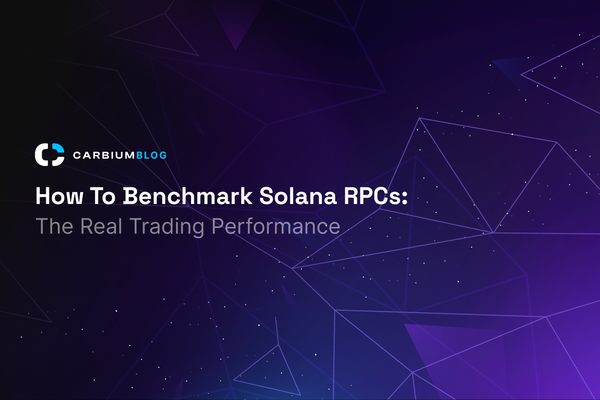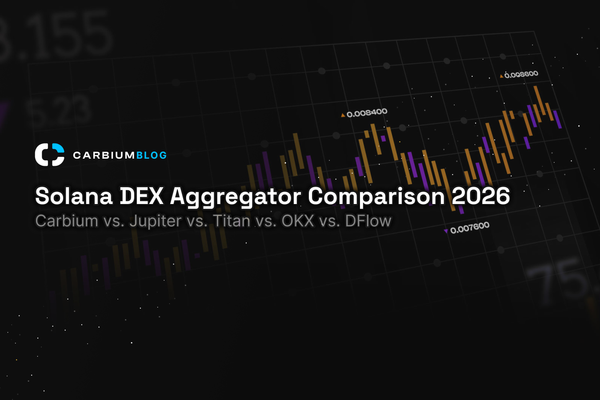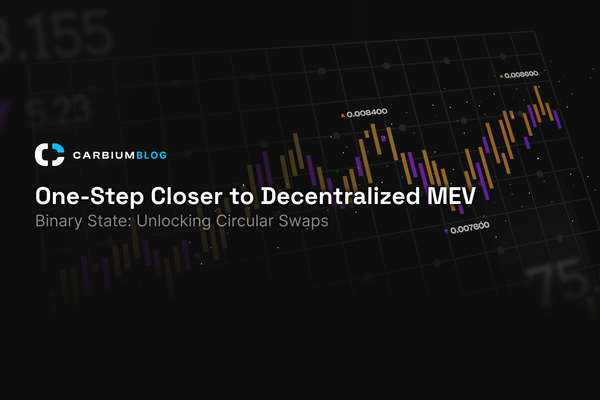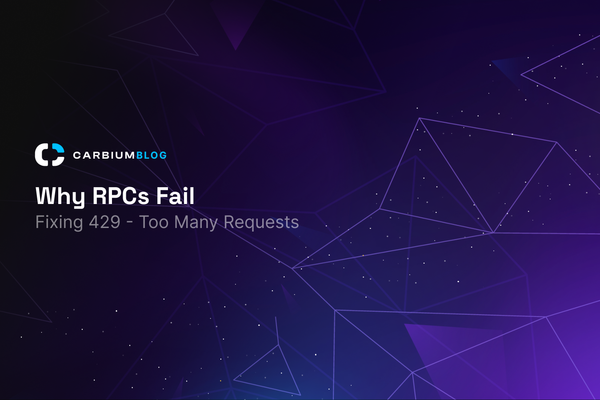Swiss Performance Data & Reliability: Why Solana’s Decentralization Needs Geography
The SPDR Solana Validator operates from the Swiss Alps, bunker-graded server with a singular mission: to prove that Solana’s decentralization isn’t just about code and consensus algorithms. It’s about geography, ownership, and the willingness to build infrastructure where the network needs it most.

The SPDR Validator operates from the Swiss Alps, bunker-graded server with a singular mission: to prove that Solana’s decentralization isn’t just about code and consensus algorithms. It’s about geography, ownership, and the willingness to build infrastructure where the network needs it most.
The Problem with Validator Concentration
When we talk about blockchain decentralization, we often focus on node count, how many validators are securing the network. Solana has over 1,500 validators, which sounds impressive. But dig deeper into the data, and a concerning pattern emerges.
Most validators cluster in three primary regions: Germany, the Netherlands, and the United States. These aren’t just geographic preferences, they represent shared infrastructure dependencies. Many validators rent servers from the same cloud providers, connect through the same internet exchanges, and operate under the same regulatory jurisdictions. When a major data center in Frankfurt experiences issues, or when a cloud provider has an outage, dozens or even hundreds of validators can be affected simultaneously. This is the problem that comes with superclusters.

This is where Switzerland enters the picture, or rather, where it should. Despite being one of Europe’s most stable and technologically advanced nations, Switzerland hosts only a single validator representing 0.01% of Solana’s total stake. To put that in perspective: there are more validators in Lithuania than in the entire Swiss Confederation.
Why Switzerland Is More Than a Marketing Angle
Switzerland’s reputation for precision engineering and financial stability isn’t just folklore, it’s built into the country’s infrastructure philosophy. The SPDR validator operates from two privately-owned data centers in Zug and Interlaken, both engineered to the standards you’d expect from a nation that builds nuclear bunkers into its mountains and maintains backup systems for its backup systems.
These aren’t rented rack spaces in a shared facility. Both locations are 100% Swiss-owned infrastructure, operated by Swiss citizens, with no offshore dependencies. The Zug facility sits in Northern Switzerland, while the Interlaken center operates from Central Switzerland, creating geographic redundancy within the country itself. Both connect to the wider internet through 25 Gbps bandwidth.
But the real advantage isn’t just the hardware, it’s the jurisdiction. Switzerland’s political neutrality means the SPDR validator operates in one of the few countries that isn’t directly aligned with either major geopolitical bloc. In an era where regulatory uncertainty and political pressure on blockchain infrastructure is increasing, operating from neutral ground isn’t a luxury, it’s a strategic necessity.
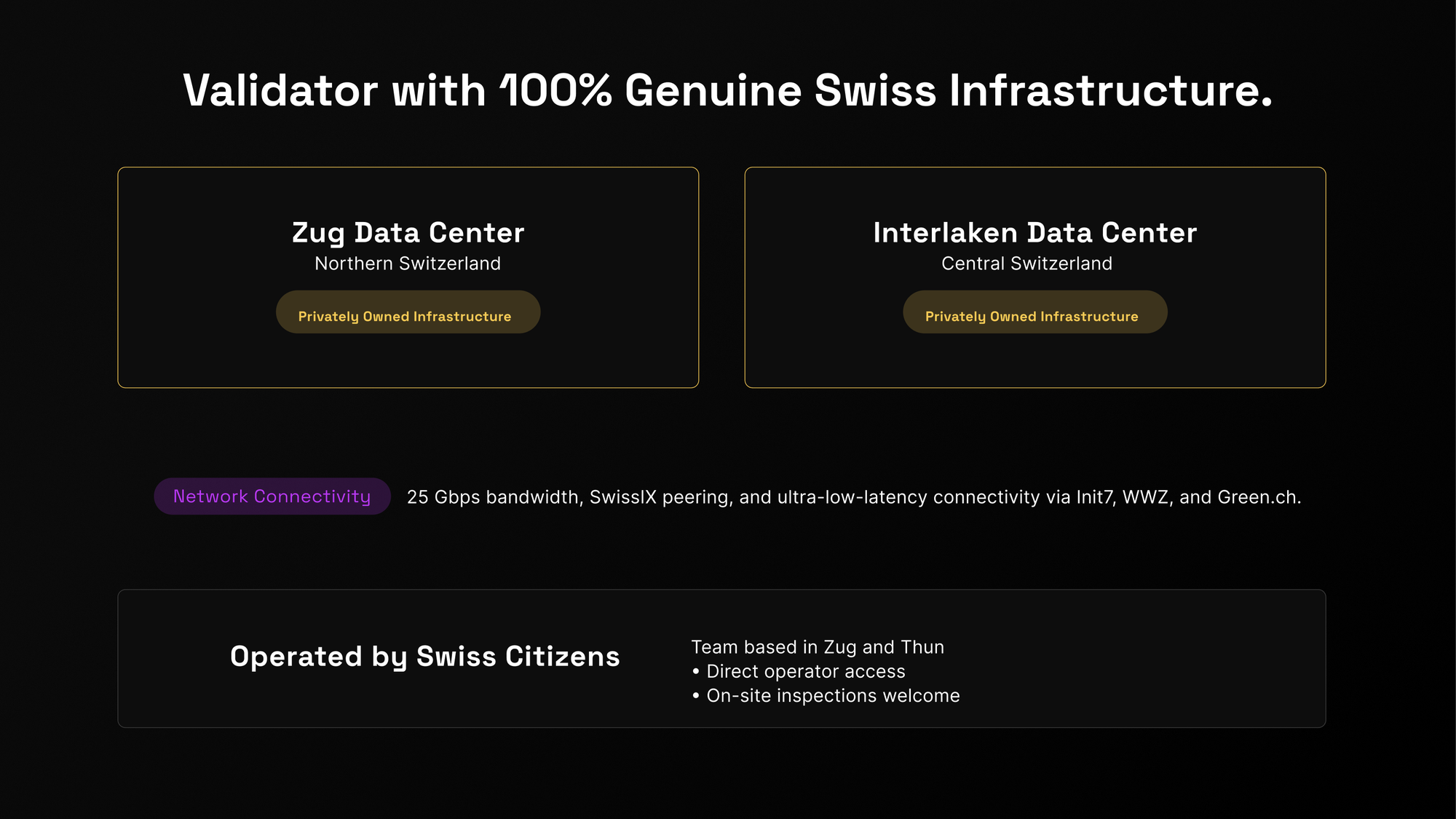
Performance That Proves the Concept
Swiss infrastructure would be meaningless without performance to back it up. The SPDR validator currently delivers a 6.25% APY to delegators, the standard Solana staking reward, but with metrics that exceed many larger, more established validators.
The most critical metric is the skip rate: the percentage of blocks a validator fails to produce when it’s their turn. SPDR maintains a perfect 0% skip rate, meaning zero missed blocks and zero lost rewards for delegators.
Vote success rate tells a similar story. At 99.8%, SPDR consistently participates in consensus without the hiccups or delinquencies that plague less reliable operations. This is the result of purpose-built architecture with hot standby systems, sentry mesh protection, load-balanced redundancy, and automated failover protocols.
The commission structure reinforces the commitment to delegators. While typical validators charge 7–10%, SPDR operates at 5%. Over time, that 2–5% difference compounds significantly, especially for larger delegations.
The Architecture Behind the Uptime
Achieving consistent performance demands purpose-built infrastructure designed for the specific requirements of Solana’s high-throughput consensus mechanism.
The hardware foundation starts with AMD Threadripper processors, chosen for their multi-core performance characteristics that align with Solana’s parallel transaction processing. These connect to NVMe storage arrays that can handle the write-intensive demands of block production and state management. Redundant power systems ensure that even during maintenance or unexpected issues, the validator stays online.
But hardware alone isn’t enough. The SPDR validator runs the Agave client with Jito-Solana MEV integration, providing validator-level protection against maximal extractable value attacks. A comprehensive monitoring stack tracks performance metrics in real-time, while automated failover systems can switch between primary and backup infrastructure without manual intervention.
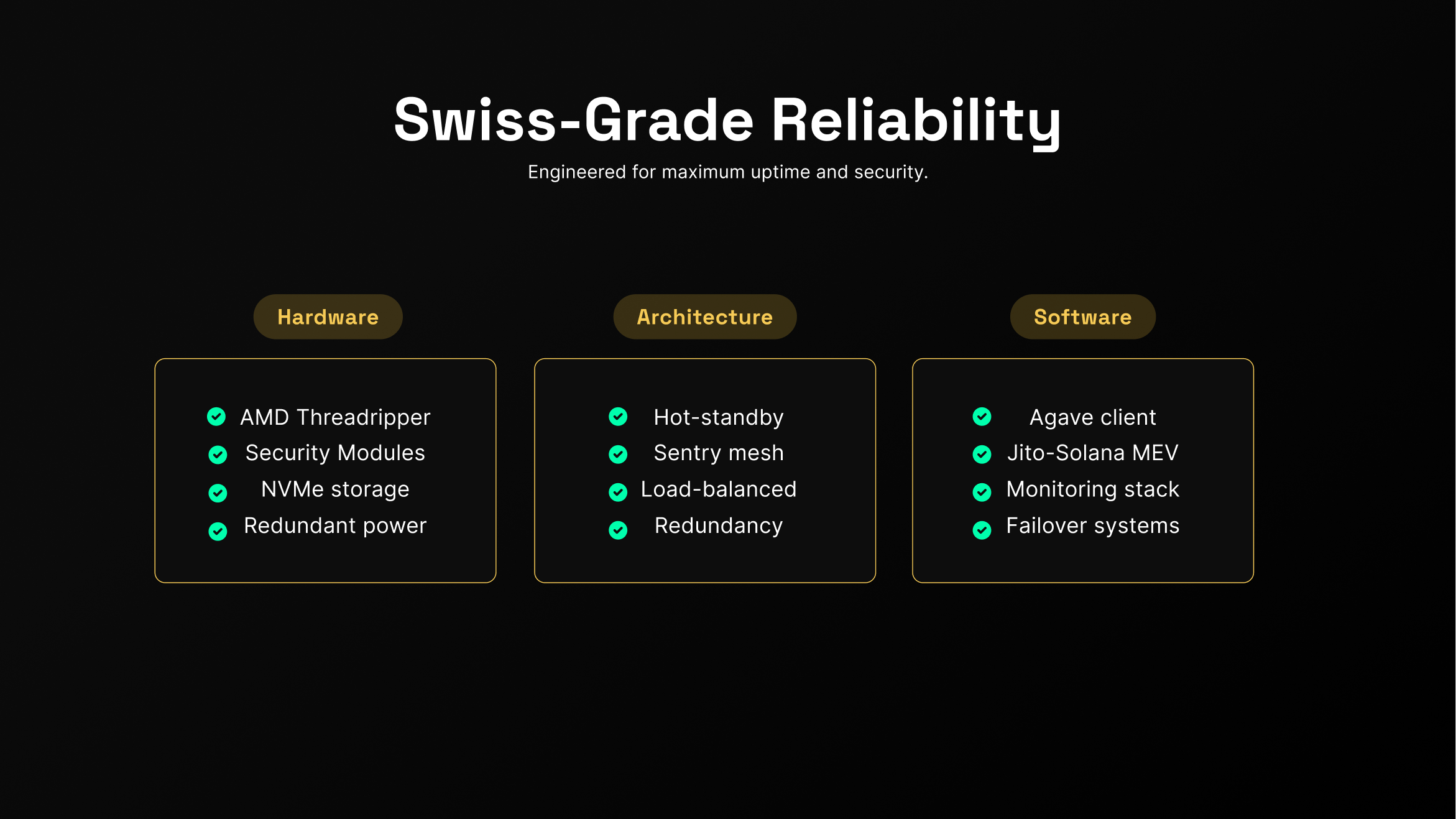
Building Ecosystem Infrastructure
Here’s where SPDR diverges from typical validator economics. Most validators exist solely to capture staking rewards, they charge their commission, pay their hosting bills, and pocket the difference. SPDR operates under a fundamentally different model: 70% of validator earnings flow back into infrastructure and ecosystem development.
This model creates a virtuous cycle. Delegators earn competitive yields while simultaneously funding the development of open infrastructure that benefits the entire Solana ecosystem. When you delegate to SPDR, your stake doesn’t just sit idle earning rewards, it actively contributes to building the network’s future.
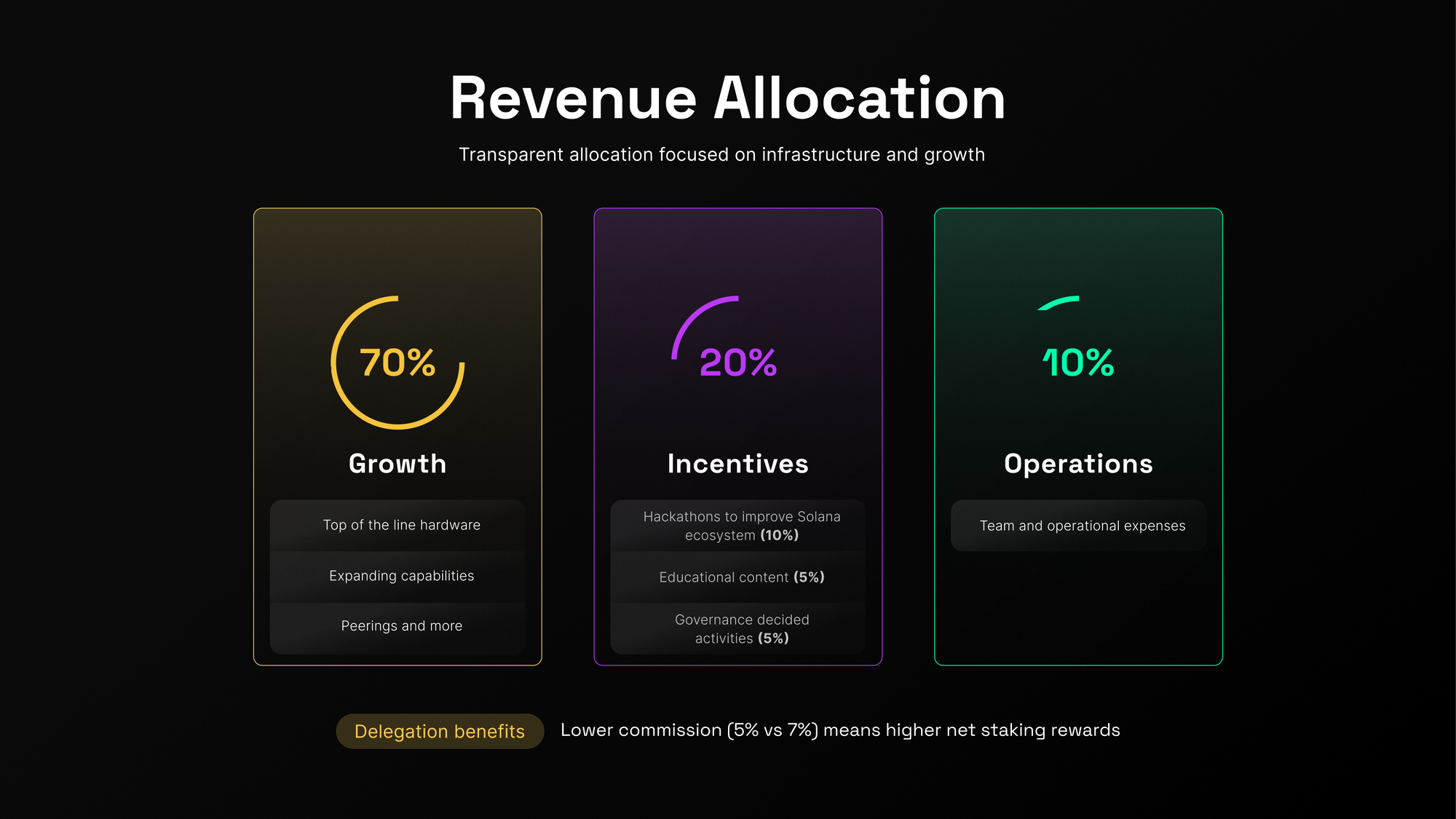
Independence as a Core Principle
One of the most significant differentiators is what SPDR isn’t: it’s not backed by venture capital, it’s not controlled by an exchange, and it’s not beholden to external investors with agendas that may conflict with delegator interests.
The validator is self-funded and operated by a small Swiss-based team. This independence manifests in practical ways. SPDR participates in the Solana Foundation Program, contributing to protocol improvements and network governance without the conflicts of interest that arise when validators are also running exchanges, holding large VC positions, or operating under pressure from investors demanding short-term returns.
The team operates with full transparency. Performance metrics update in real-time on public dashboards. Revenue allocation is published quarterly.
What Delegation Actually Means
When you delegate $SOL to a validator, you’re making a choice about how Solana develops. Every delegation is a vote for a particular vision of what the network should become.
Delegating to large exchange validators centralizes stake with entities that have business models beyond validation. Delegating to cloud-based validators reinforces dependency on a handful of major providers. Delegating to validators concentrated in a few geographic regions creates systemic risk.
Delegating to SPDR means choosing geographic diversity, operational independence, and ecosystem reinvestment. It means supporting a validator that strengthens the same infrastructure powering open RPC access, swap APIs, and protocol development.
But the strategic benefit matters more: you’re supporting infrastructure that genuinely diversifies Solana’s validator topology and reduces single points of failure in the network.
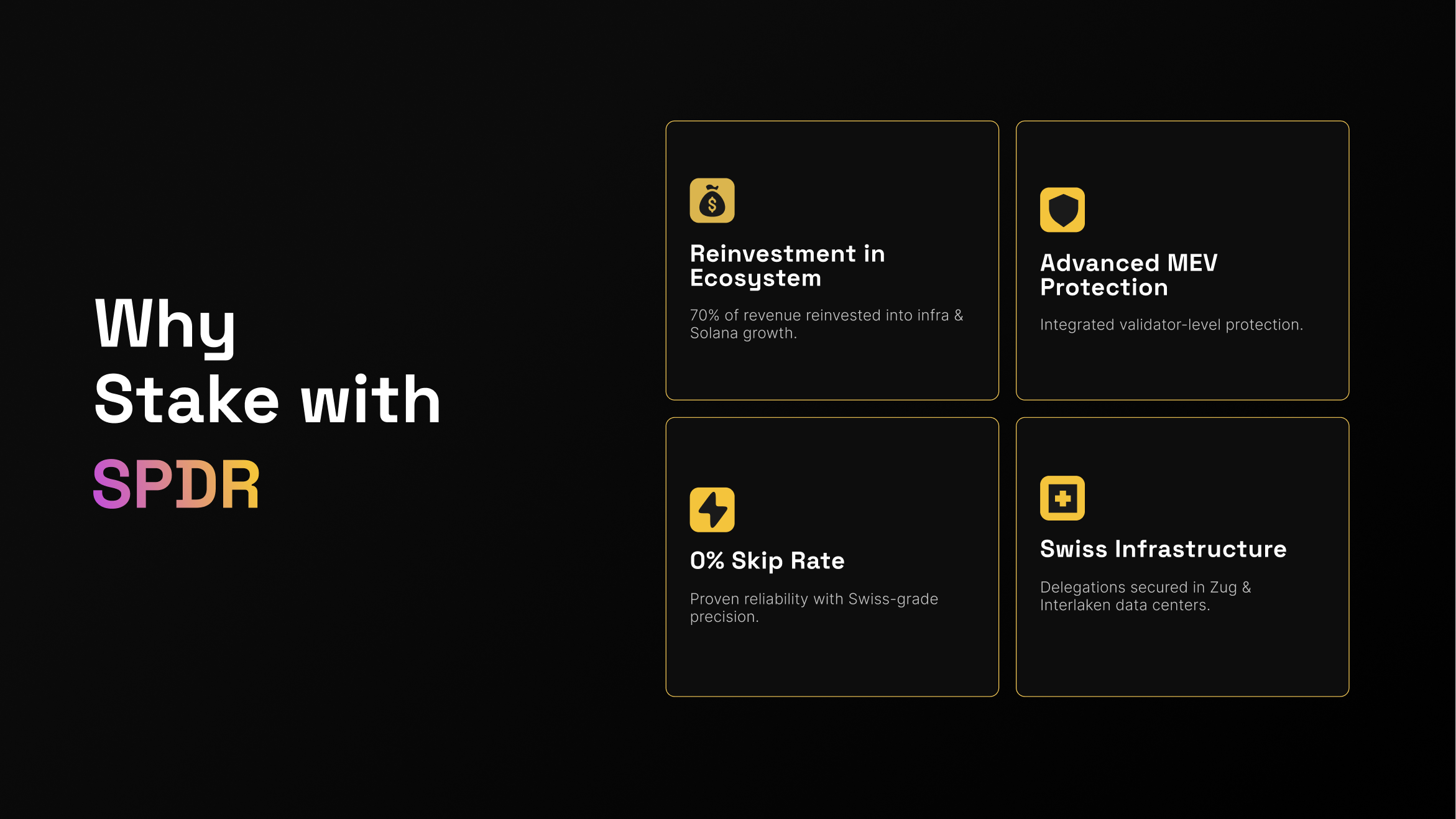
The Path Forward
The SPDR validator represents a proof of concept: that it’s possible to build high-performance Solana infrastructure outside the standard Frankfurt-Amsterdam-US triangle, to operate independently without VC backing or exchange control, and to reinvest the majority of validator earnings back into ecosystem development.
As Solana continues to scale, toward 65,000 transactions per second and beyond, the network’s resilience will depend not just on technological improvements but on the geographic and operational diversity of its validator set. Switzerland, with its political neutrality, strong rule of law, and engineering culture, offers a unique foundation for long-term infrastructure.
The validator address is spdr.carbium.io.
But ultimately, the decision to delegate isn’t just about yield percentages or commission rates. It’s about understanding that true decentralization requires intentional choices. Choosing validators that operate from underrepresented regions, that maintain genuine independence, and that reinvest in the ecosystem’s long-term health.
The numbers speak for themselves: 0% skip rate, 99.8% vote success, 5% commission, 70% revenue reinvestment. But the story behind those numbers of Swiss precision applied to Solana infrastructure, of independence maintained in an industry increasingly dominated by VCs and exchanges, of geographic diversity chosen intentionally rather than defaulting to convenience, that’s what makes the SPDR validator more than just another node on the network.
The SPDR Validator is operated by Swiss citizens in Zug and Thun as part of the Solana Foundation Program. All infrastructure is 100% Swiss-owned with zero offshore dependencies.
Technical Reference:
Official Solana Documentation: Validator
For a detailed technical specification of Stake-Weighted Quality of Service in SPDR validator implementation, see the our official post:
Stake-Weighted Quality of Service: Where Solana’s Protocol Meets Carbium
The SPDR Validator is operated by Swiss citizens in Zug and Interlaken as part of the Solana Foundation Program. All infrastructure is 100% Swiss-owned with zero offshore dependencies.


